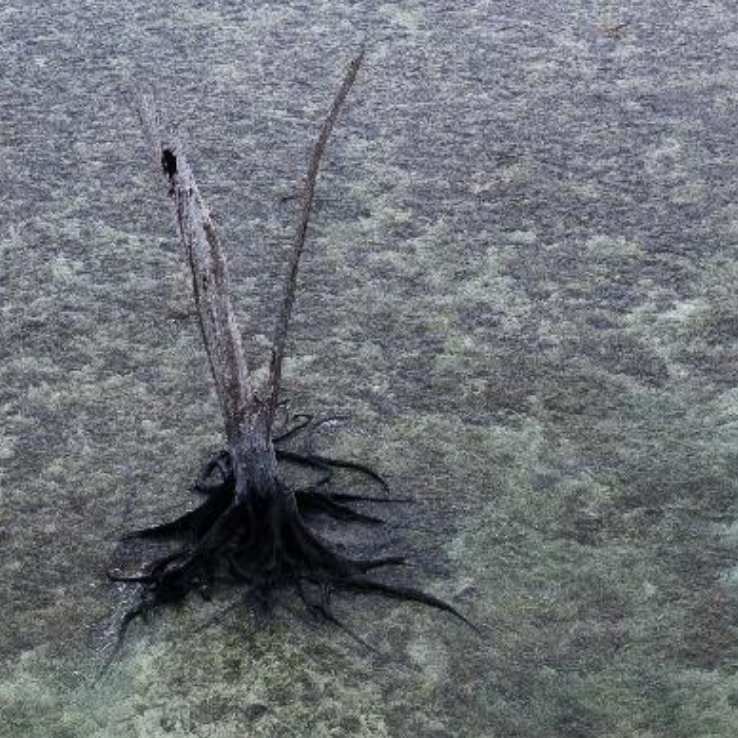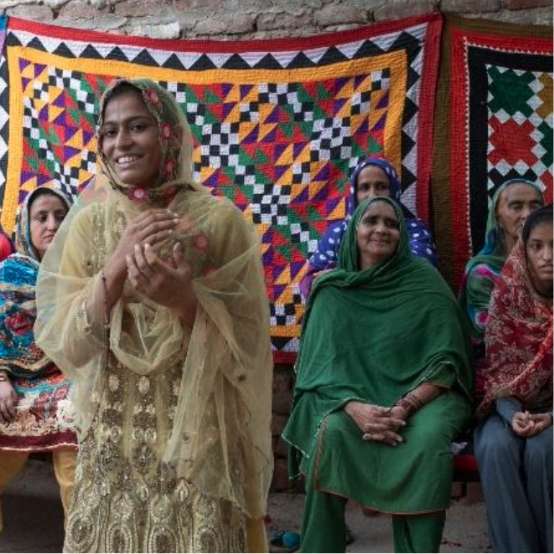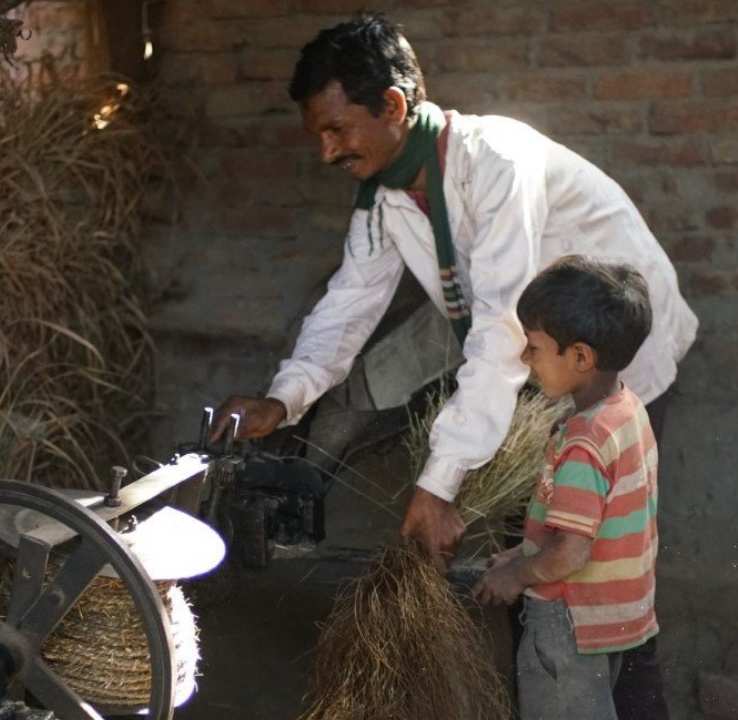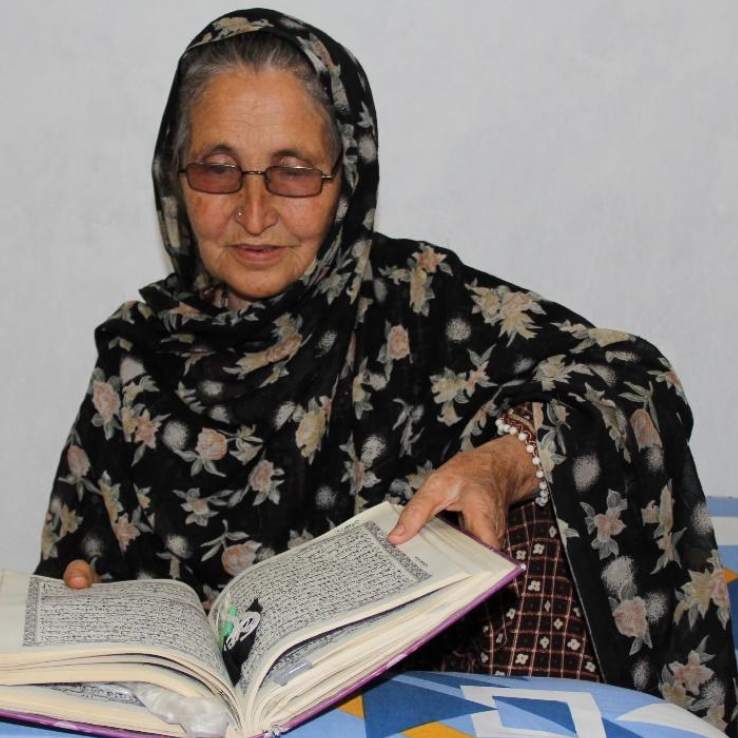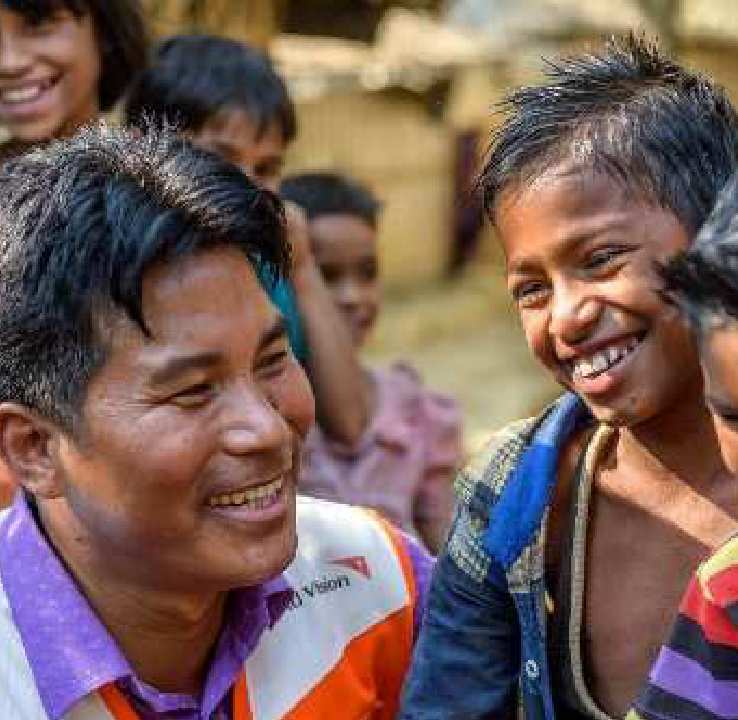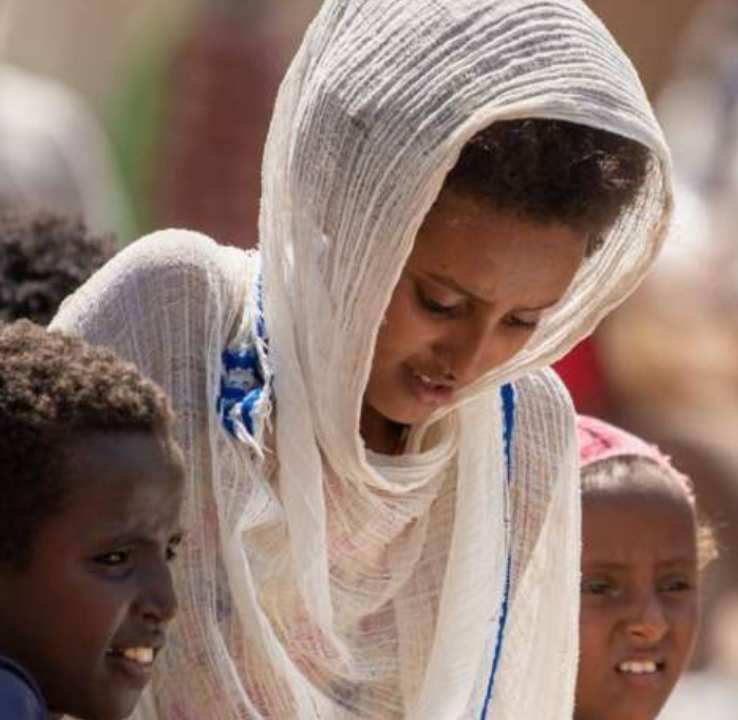Our Focus
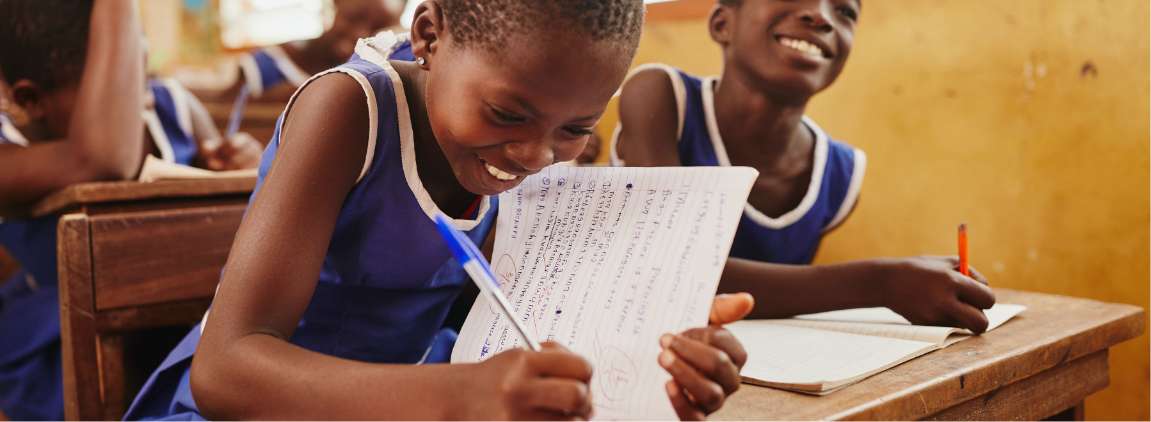
Children attend and participate at the Somanhyia Presbyterian Primary School, where World Vision sponsorship has had widespread effect, especially for the students. World Vision’s sponsorship program impacted the Somanhyia community by providing children, sponsored and not sponsored, with educational materials and literacy programs. This support has led to an increase in student attendance and positive emphasis on the importance of education. Photo: Ben Adams/World Vision.
Following the goals outlined in our 2020-2025 Strategic Plan, ACFID prioritises a robust response to climate change, pressure on civil society in developing countries and organisational sustainability in a disrupted world. Supporting our work will be a focus on measuring our performance on enablers to achieve our goals: engaged members, strategic partnerships, a positive workplace culture, and our own organisational sustainability.
Foundationally the values that members adhere to in our Code, will be ours too: Integrity, Accountability, Transparency, Respect, Equity, Effectiveness and Cooperation.
Learn more about our Strategic Plan 2020-2025
Combating Climate Change
Action on climate change is one of ACFID’s highest priorities, as it is an existential threat to humanity and our development.




